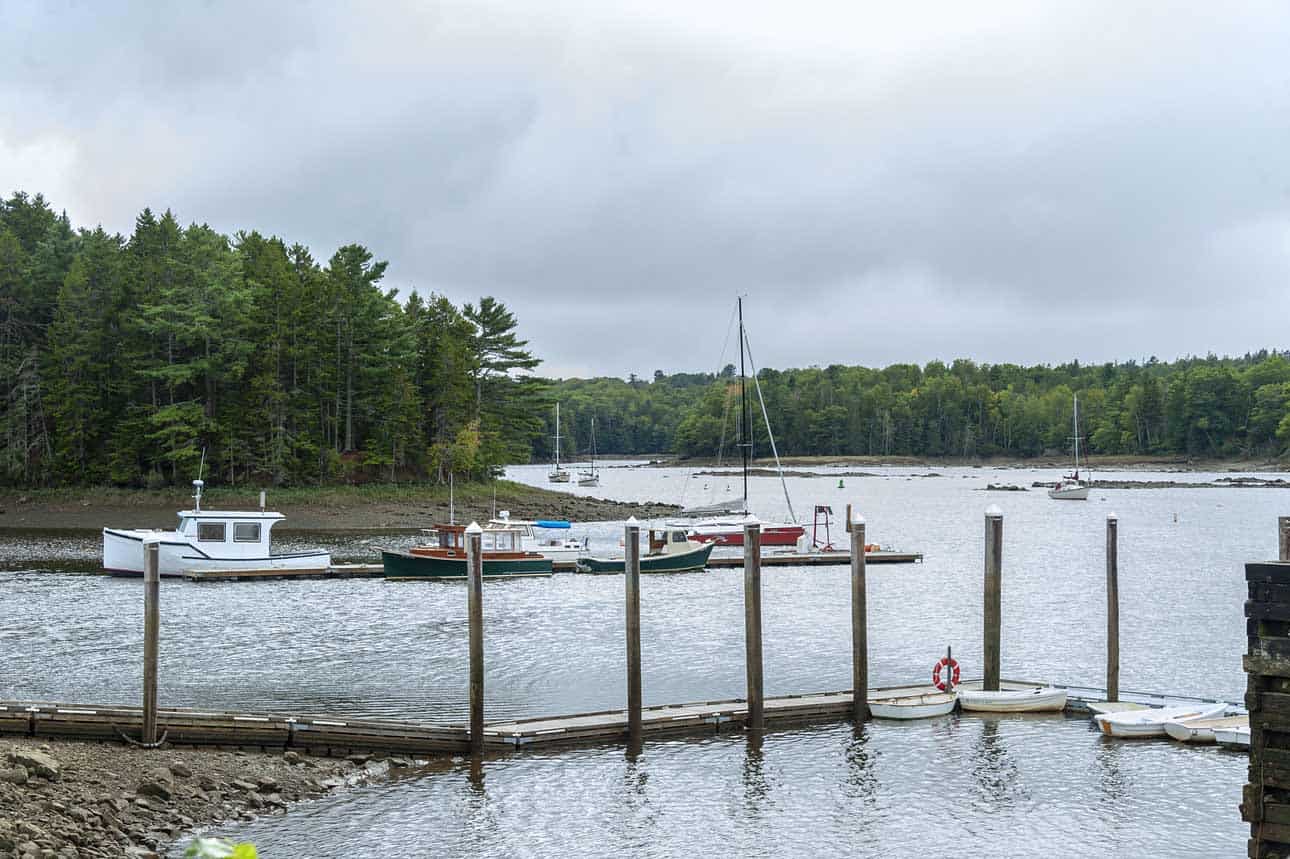When vacation owners walk away from resort obligations or legally cancel the contract altogether, most don’t realize the impact it has on the city in which the interval is hosted. A number of towns across our country have suffered from the inadequacies of timeshare travel. In recent years, the Acadia Village Resort, a once coveted property that’s located just south of Graham Lake in Maine, has not only struggled to retain timeshare owners, but attract them as well. This has caused the city of Ellsworth to seriously consider chasing timeshare companies out of town.
Timeshares Can Make or Break the Economy in Small Towns.
But before explaining their reasoning or what’s been proposed, we have to understand how bad business by timeshare companies can handicap an economy. When it comes to The Acadia Village’s timeshare structure, each week (interval) that’s sold for every condo is considered its own individual property. Since the resort was constructed with 39 timeshare units, that means there are over 2,000 available weekly intervals. Each of which comes with their own tax bills and deeds. When these aren’t filled or being fulfilled, municipalities are left with years of unpaid taxes.
In Ellsworth, city officials have been facing hundreds of foreclosures after acting as realtors just to acquire the abandoned, dwindling timeshare units. They’re tired of cleaning up the mess and simply want to revitalize tourism in the area by providing travelers with quality lodging that makes sense. “We own upwards of 300 timeshare units,” said City Manager David Cole. “This is not our business to be in. We’ve found ourselves marketing them on the city website and the scroll. We’re trying to figure out ways to move these units. The primary objective is getting them back on the tax rolls.” Now that they have a little leverage in the situation, the city is contemplating what to do with it.
The Community Wants to Get it Right.
In their most recent meeting, the city’s councilors listened to a number of testimonies by some of the resort’s owners and staff. Here, they confirmed they can’t hold dissatisfied timeshare owners responsible when they feel as though they’ve been scammed. So, they wanted to figure out how everyone could win. Even though the city of Ellsworth could have easily implemented an ordinance that held the timeshare company liable for the tax burden, they unanimously approved a plan to lease the foreclosed units back to Acadia Village in exchange for an agreed share of profits.
While the community thinks the Resort is holding the town back, they believe Acadia Village can help them get tourists back so the bustling economy returns. “You’d still be engaging in the foreclosure process; the management of the units, however, would still be transferred over to Acadia Village,” says John Hamer, the attorney representing Ellsworth.
He continued, “If one of the units were to be sublet, Acadia Village would keep 25 percent of the proceeds while the rest would be remitted to the city. That split would be “50/50 in the case of a sale,” he said. “This would be a long-term type of lease to see whether Acadia Village is able to do better marketing, perhaps, than the city. It’s the marketing effort that’s most important to the city.” Since city officials aren’t equipped to successfully market the weekly intervals, they’re counting on the timeshare resort to step up their game.
“If they’re able to collect enough taxes, enough money to cover all the taxes, then everyone’s happy, the taxes are paid,” said Hamer. “Unfortunately, if there’s a case where they’re not able to collect the total amount of taxes due for all the timeshare units, the managing entity would be required to make up the difference.” We’ll keep you posted on how it all plays out. But if history continues to repeat itself, the city of Ellsworth could be in a worse position than when they started. Sounds an awful lot like most fractional owners.






